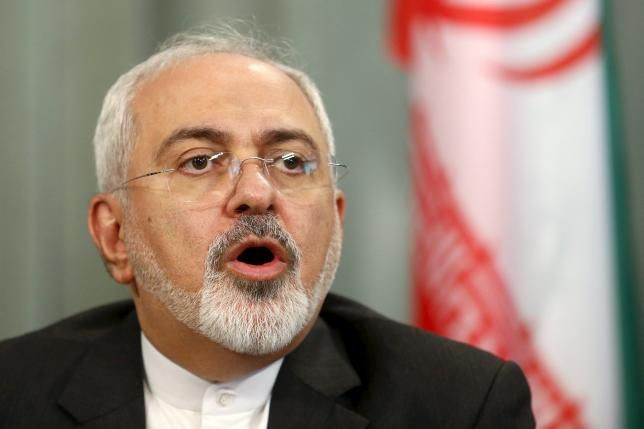Iran Foreign Minister Warns Washington Against Confrontation With The Islamic Republic

German Foreign Minister Heiko Maas met on Monday with Iranian Foreign Minister Javad Zarif to try and shore up the 2015 Iranian nuclear framework. While there Zarif had harsh words for the U.S. government and President Donald Trump, saying that the U.S. "cannot expect to stay safe" due to its economic war of sanctions aimed at Tehran.
"Mr. Trump himself has announced that the U.S. has launched an economic war against Iran," Zarif said. "The only solution for reducing tensions in the region is stopping that economic war"
"The situation in the region here is highly explosive and extremely serious," German Foreign Minister Maas said at the conference with Zarif. "A dangerous escalation of existing tensions can also lead to a military escalation."
On Monday the International Atomic Energy Agency (IAEA) has warned that Iran is increasing its enrichment of Uranium. "I am worried about increasing tensions over the Iranian nuclear issue," Yukiya Amano, the head of the IAEA said.
The Joint Comprehensive Plan of Action (JCPOA), also known as the Iran Nuclear Deal, was an agreement reached in July 2015 in the Austrian capital of Vienna between the five permanent countries of the United Nations Security Council (United States, France, U.K., China and Russia) plus Germany and the European Union with Iran. In the agreement, Iran was to curb its nuclear program in exchange for reducing sanctions and economic relief from the United States and the European Union.
In May 2018, U.S. President Donald Trump announced that the United States was withdrawing from the JCPOA causing unprecedented tension between Iran and the United States. In November 2018, the United States reinstated sanctions against the Islamic Republic.
Iran backs Lebanon's Hezbollah, the Houthis in Yemen and Shiite Militias in Iraq. As Iran feels the heat from U.S. sanctions, the group could push its proxies to attack American targets or targets of U.S. allies in the Middle East such as Saudi Arabia.
© Copyright IBTimes 2024. All rights reserved.





















